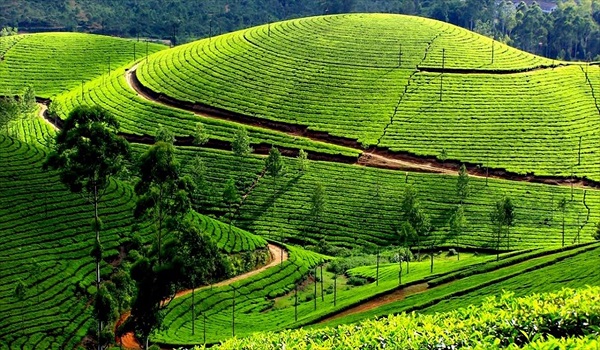The tea industry in India is grappling with significant challenges in the 2024 season, including production declines, adverse weather conditions, and financial strain. The sombre mood among producers is palpable as the season fails to bring the expected cheer.
One of the major setbacks is attributed to adverse weather conditions, particularly high temperatures and insufficient rainfall. This crucial season typically yields the finest-quality tea during the first and second flushes. However, the substantial shortage of rainfall has posed significant challenges for the industry.
The soaring temperatures have taken a toll on tea bushes, rendering them ill-prepared to produce leaves effectively. This predicament has emerged as a grave concern for the entire industry, impacting both production and quality.
In light of these challenges, industry stakeholders are left with little recourse but to hope for precipitation and a return to normal temperatures. The industry’s fate hinges on these vital factors, underscoring the critical need for favourable weather conditions to safeguard its sustainability and productivity.
According to data released by the Tea Board, tea production in North India, comprising Assam and West Bengal, witnessed a decline of over 21 million kg during the period of January to March 2024. Furthermore, the overall tea production across India plummeted by more than 13 million kg during the same period.
The adverse effects of sweltering heat coupled with inadequate rainfall have particularly impacted tea production in the Brahmaputra Valley of Assam and West Bengal. Additionally, heavy rain, thunderstorms, and hail in Barak Valley, Assam, throughout April have further exacerbated concerns among planters, particularly regarding the production of second flush teas.
Adding to the industry’s woes, tea prices have continued to decline in 2024, exacerbating the financial strain on producers. Data from the Tea Board reveals that prices have dropped by over 16 percent during the period of January to March 2024 compared to the corresponding period last year.
In the face of these challenges, stakeholders in the Darjeeling sector have appealed for a relief package to sustain their operations amidst declining yields and prices. As the tea industry navigates through these turbulent times, concerted efforts and support mechanisms are deemed essential to ensure its resilience and sustainability.


